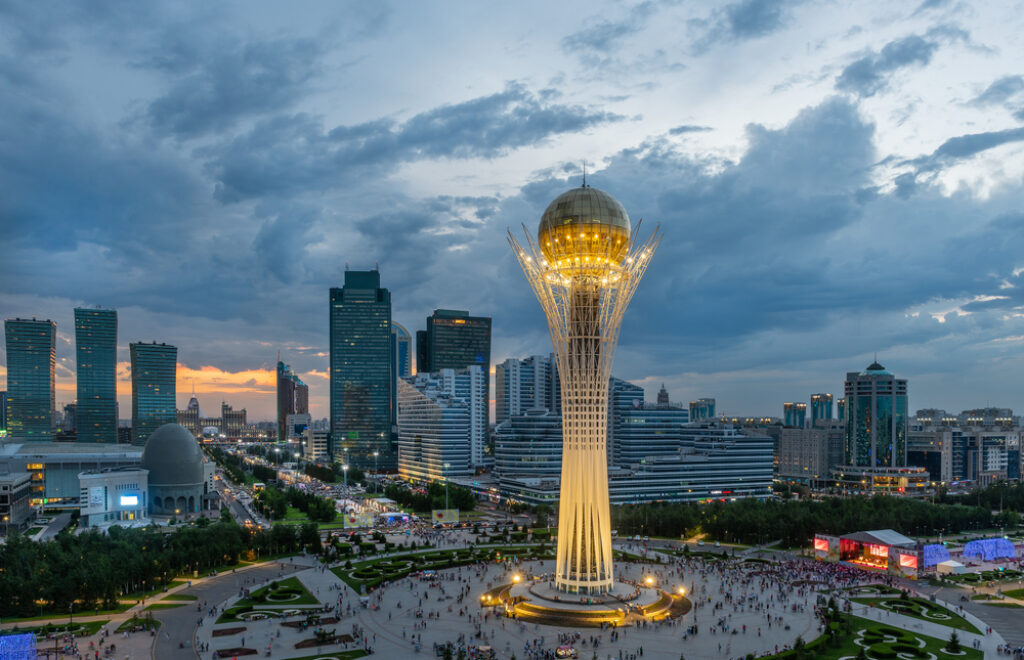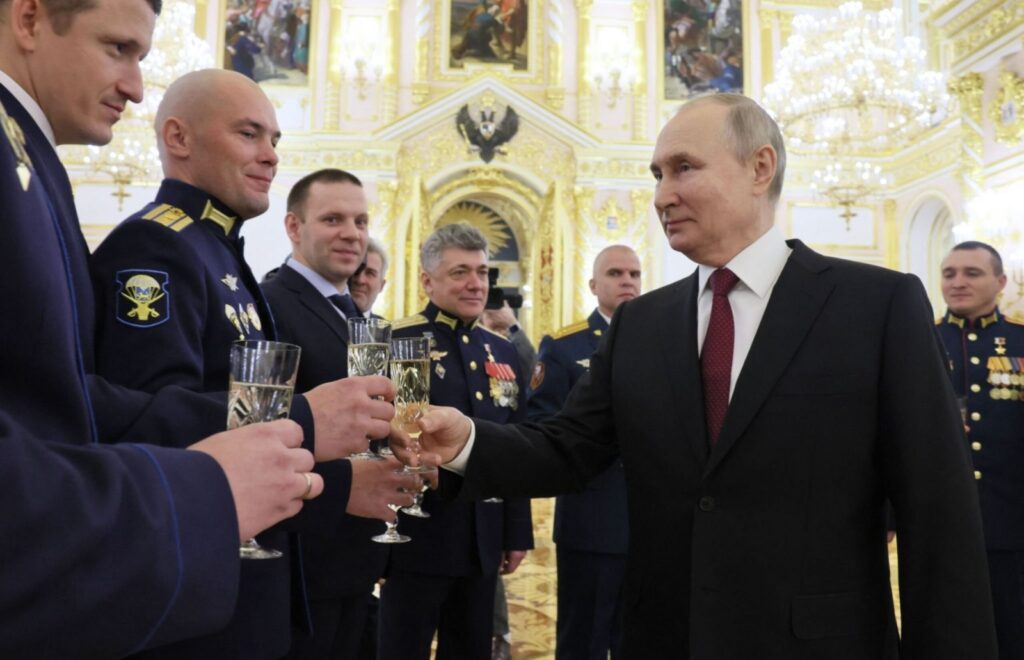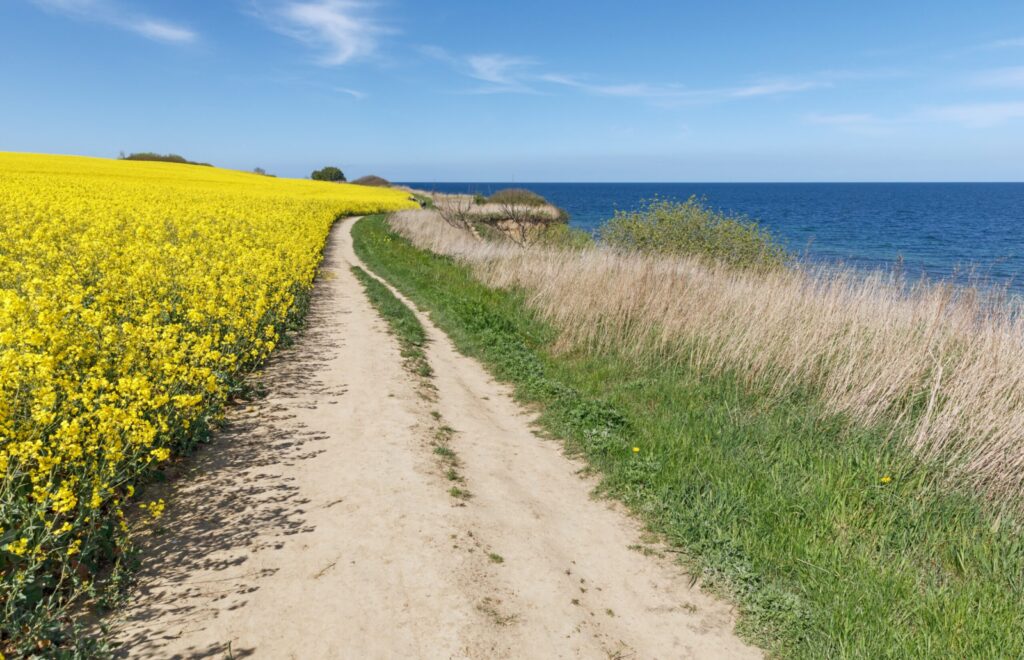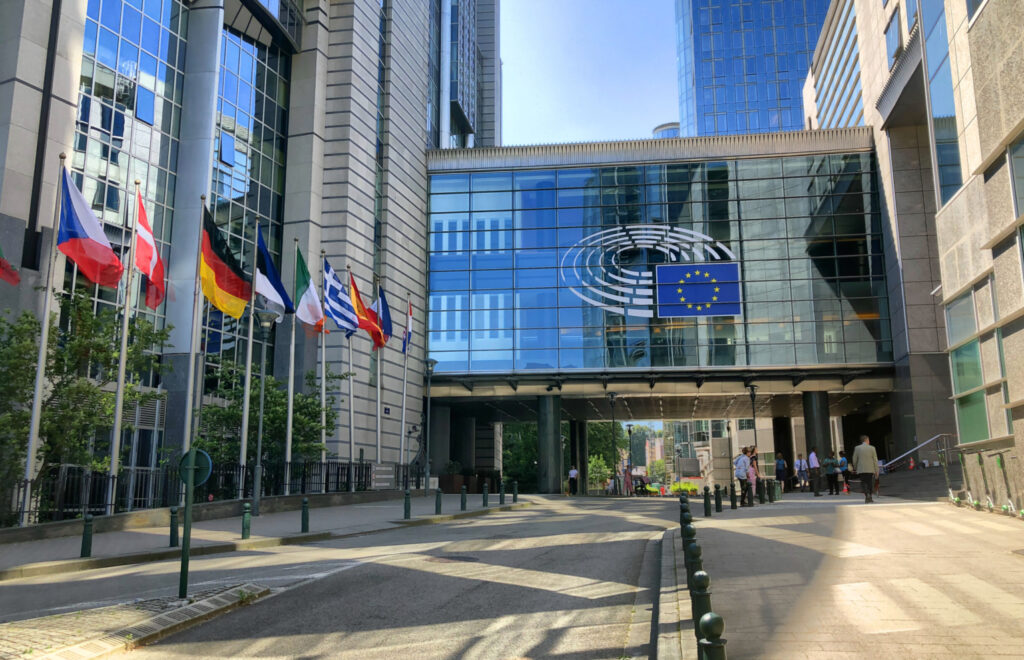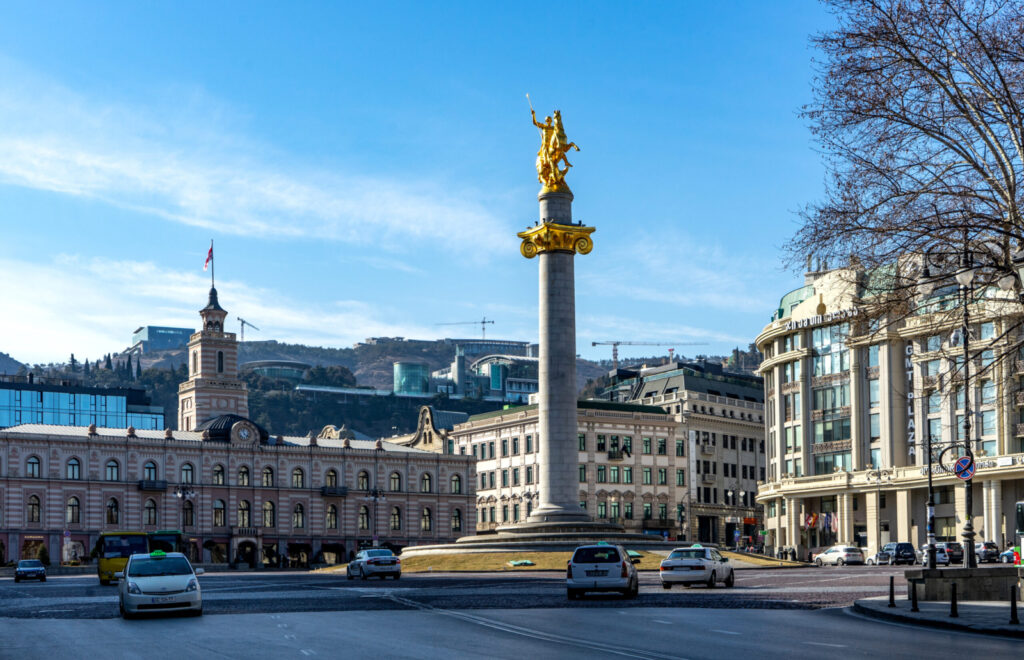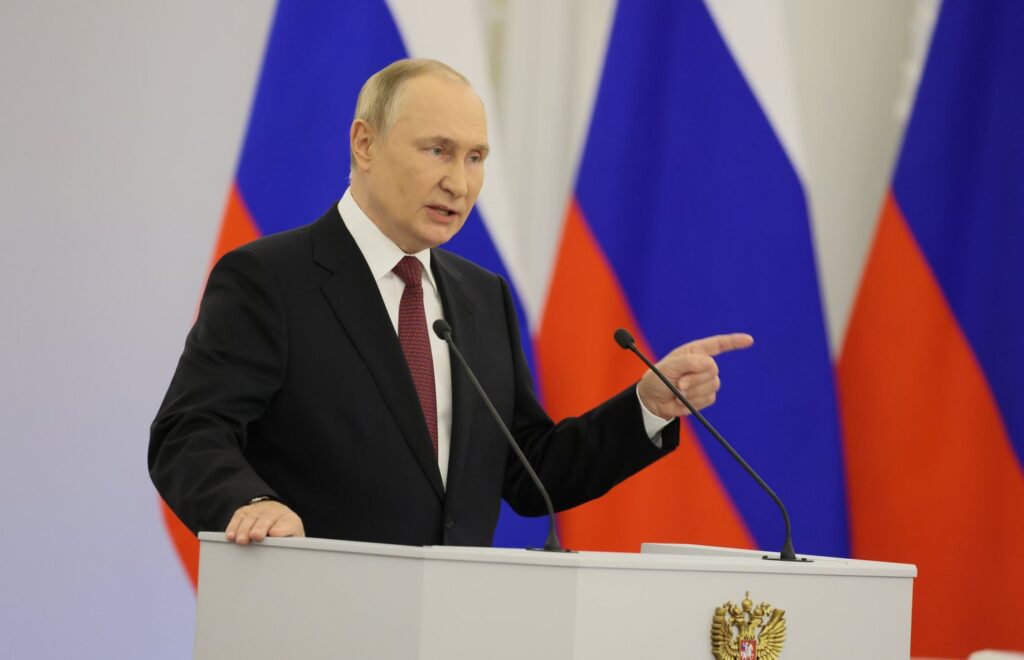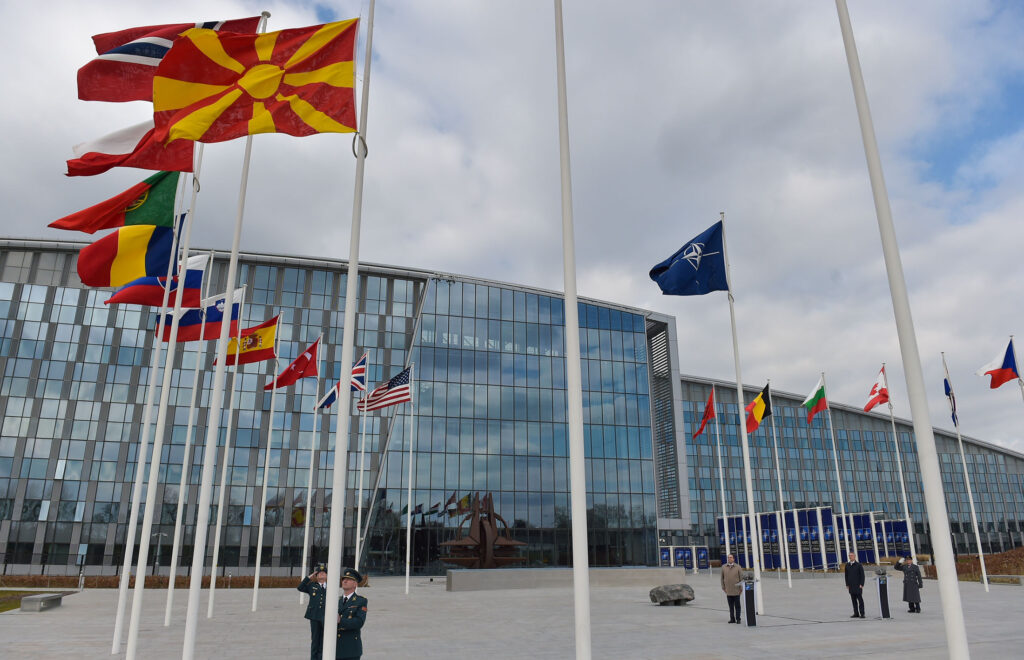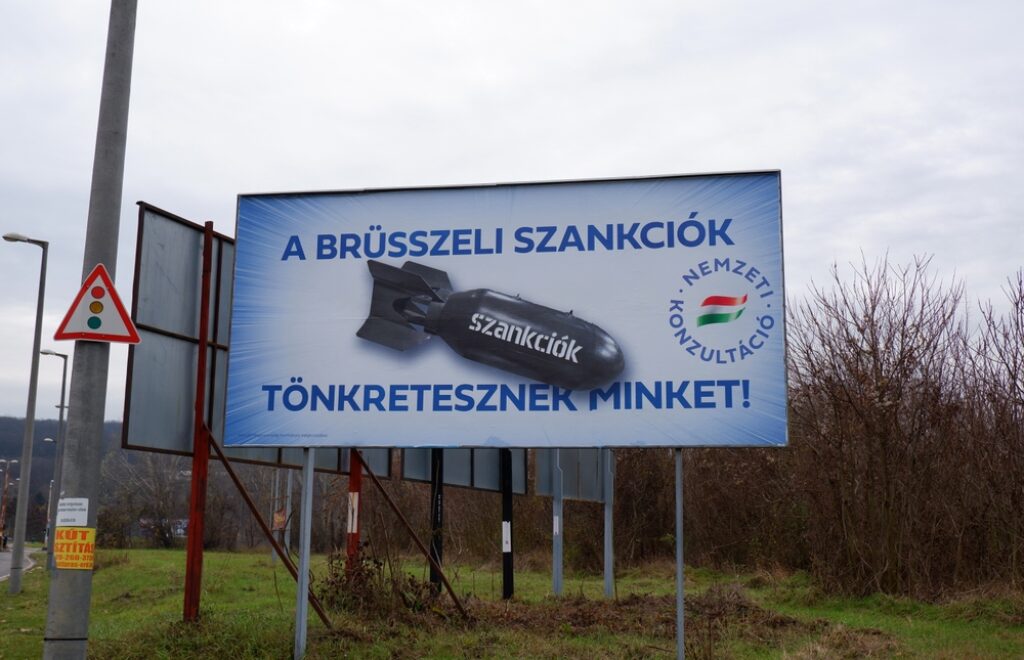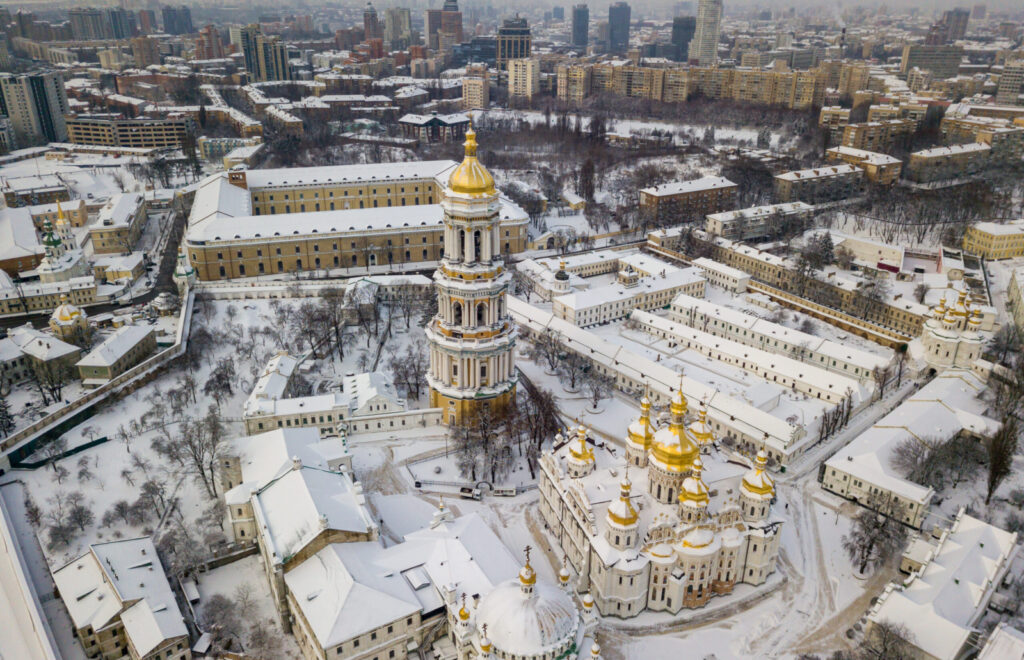Prospects and challenges for Central Asian states against the backdrop of Russia’s invasion of Ukraine
The Russian invasion of Ukraine has become a serious challenge for Central Asian states, which tend to consider Russia as their reliable partner in the security and economic spheres. However, Russian foreign policy treats Central Asia as an extension of its sphere of influence, which should be maintained by two international organisations led by Russia: the Eurasian Economic Union (EAEU) and the Collective Security Treaty Organisation (CSTO).
April 28, 2023 - Danylo Stonis


